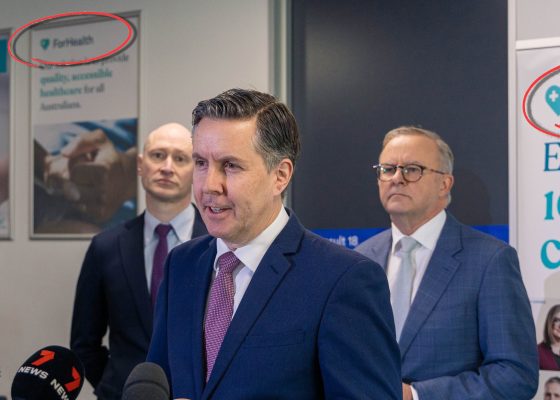In a change from its usual reasoning for an urgent care clinic, DoHAC is filling some gaps in primary care.
The Department of Health and Aged Care has changed its usual Medicare urgent care clinic strategy – putting them close to hospitals to help take pressure off emergency departments – by establishing six new MUCCs in remote regions of the Northern Territory.
Three of the “new” clinics will be run by existing urgent care facilities at Alyangula (Groote Eylandt), Wurrumiyanga (Tiwi Islands), and Maningrida (Top End region).
The other three will be established in Galiwinku (Elcho Island), Lajamanu (Big Rivers region), and Ali-Curung (Barkly region).
“These locations were chosen in partnership with NT Health and Aboriginal Medical Services Alliance Northern Territory (AMSANT) to better meet the needs of First Nations communities while also creating new workforce models and increasing the capacity of primary care services in remote areas,” said the DoHAC announcement.
“Funding has been provided to expand the remote urgent care clinics through increased workforce support, additional infrastructure and equipment to support urgent care delivery. Current opening hours will also be extended.
“These clinics have been adapted to operate differently to other Medicare UCCs across the country.
“This is because of the remote location of the clinics and the need to adapt to local circumstances, including workforce availability and limited medical services in the area.”
There are two Medicare UCCs in the Northern Territory located in Palmerston and Alice Springs.
“This expansion of Remote Urgent Care Clinics is a welcome step forward in providing urgent care for our communities outside normal clinic hours,” said AMSANT CEO Dr John Paterson.
“These clinics will support our already stretched primary health care workforce and enable appropriate clinic care to be delivered within communities and with support of families, removing the difficult burdens of travel and separation.”



